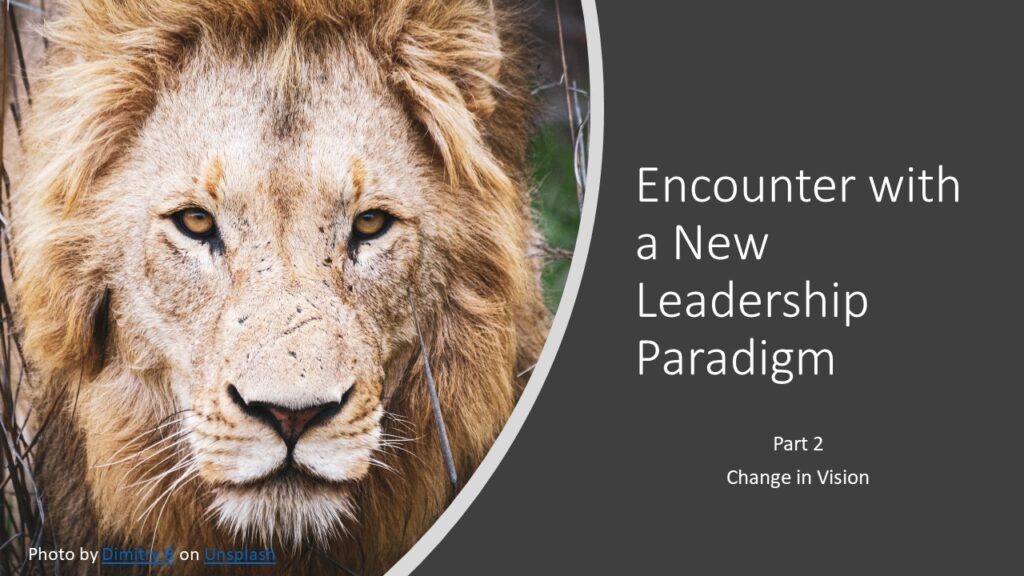
If you follow current discussions on Businesses, you cannot miss the debate over Purpose, People and Profits. Sometimes it is one against the other, other times it is about balancing the three.
Traditionally business was about profits, or to use a broader term, wealth creation. This traditional understanding of business is being questioned now. A car requires fuel to take us from point A to point B, but none of us buy a car to just fill in fuel and keep it in the garage. We need to breath to live, but none of us will say that breathing is the very purpose of life. All of us understand that wealth is an integral part of business, but that does not mean that it is the purpose of business.
The bottom line is this, businesses need to have a higher purpose. A purpose that is for bettering the conditions of humanity. No one disputes the fact that businesses will and should make money while solving the problems that humanity faces today.
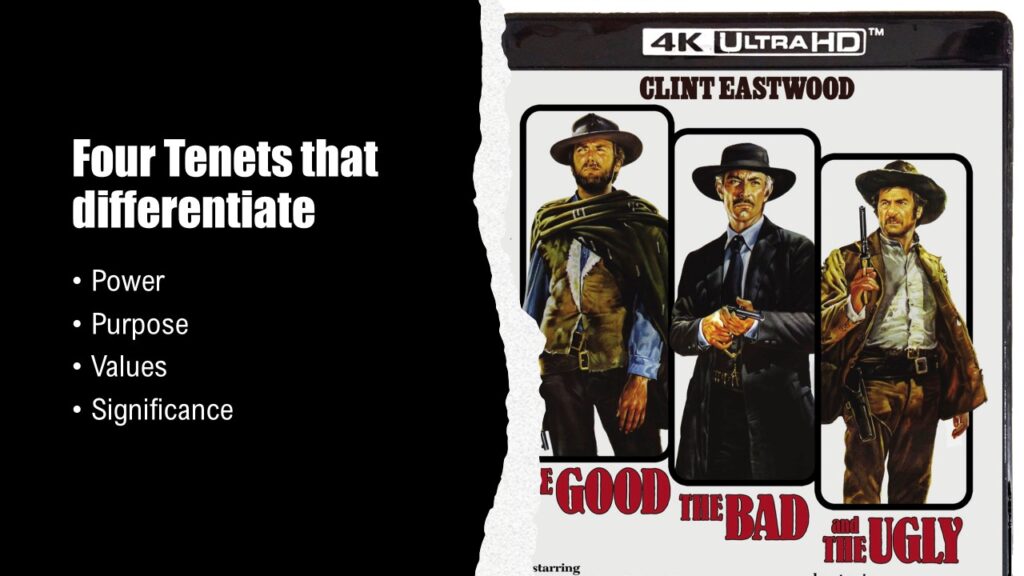
Purpose is one of the four tenets that differentiate the good , the bad and the ugly of leadership. I had written about the four tenets in my earlier blog (https://leadyne.com/encounter-the-four-tenets) , the other three being Power, Values and Significance. Purpose is a key part of vision, sometimes purpose is the vision in itself. It answers the question of why are we here? Why does the organisation exist? . Ken Blanchard and his co authors say rightly
Leadership is about going somewhere. If you and your people don’t know where you are going, your leadership doesn’t matter.[1]
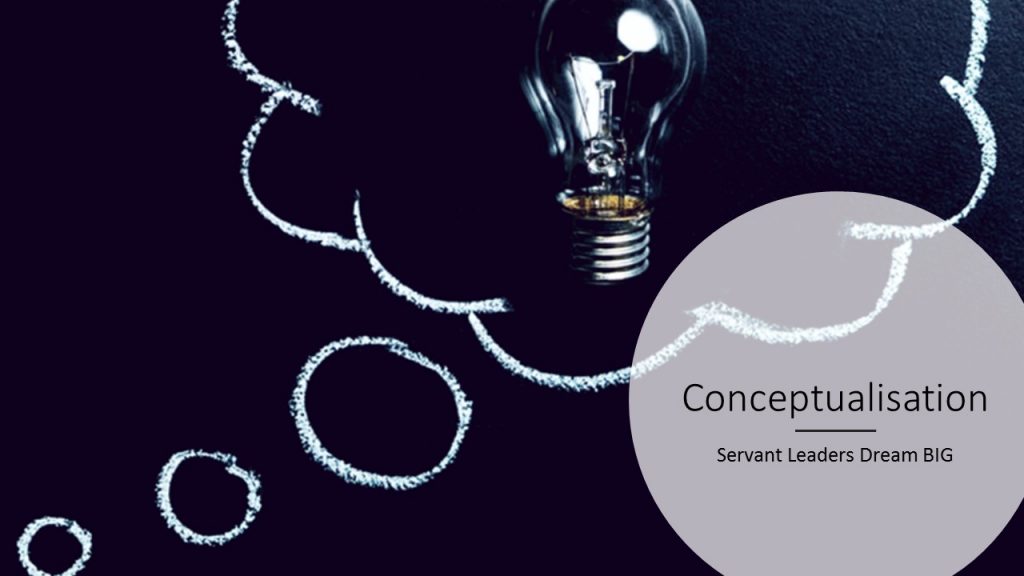
Setting the right vision requires a right leadership philosophy. An encounter with the Servant Leadership paradigm will transform the way you as a leader, and your organisation looks at vision. Servant Leadership is often seen (and dismissed) as an oxymoron. As described in my earlier blog (https://leadyne.com/dcs) this is far from truth and the ability to conceptualise, and dream big of a perfect future is what makes Servant Leadership a reality. This is the first behaviour that we study and measure in our DEEP BHC framework. This behaviour called Demonstrating Conceptual Skills is defined as;
Dream Bold and BIG. Participate in, and contribute to, creating a higher order purpose and an unconstrained vision for the organization. Transform a ‘What is’ frame of mind to ‘What if?’
An encounter with the Servant Leadership Paradigm will bring the visioning behaviour as a culture at all levels. Apart from enabling leaders to set a higher purpose vision for the organisation, a culture of Servant Leadership enables vision setting at all levels in the organisation. There is a myth that the vision can be only at the organisational level. The fact is the contrary. A vision can and must exist at all levels of the organisation. Of course, there is a need for the visions to be aligned. The “Demonstrating Conceptual Skills” behaviour of the DEEP BHC framework (https://leadyne.com/measuring_sl) makes this aspect measurable and hence developable.
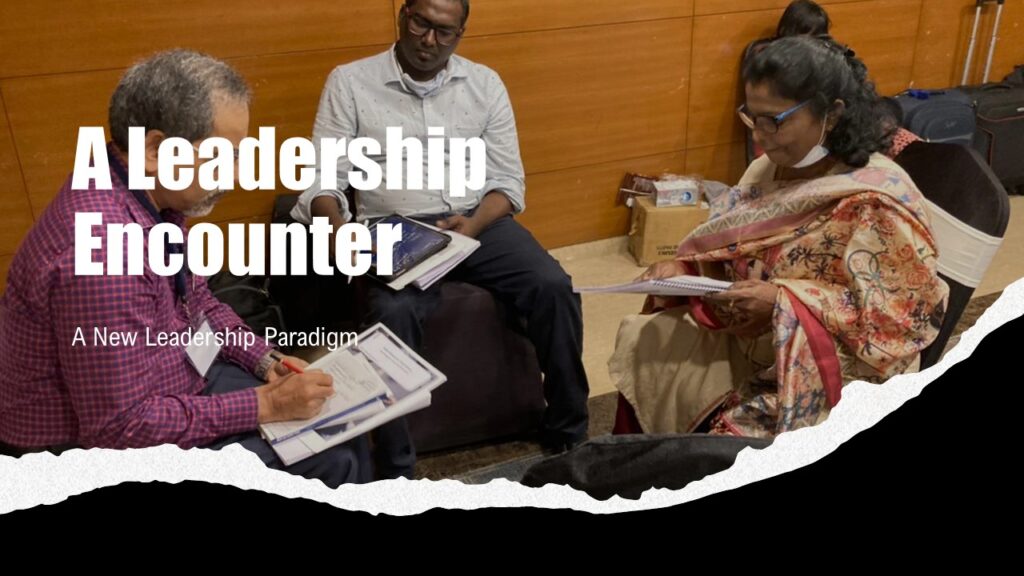
An encounter with Servant Leadership paradigm will make your vision for yourselves and the organisation an energizing one. When the organisation has a higher purpose than making money, a vision rooted in bringing significance to the world we live in, it will energise people. An example is found at UST (https://ust.com) where the purpose is “Transforming Lives”. Such higher purposes will help employees rally around the vision. On the contrary, when the organisation has an inward looking vision, the employees are forced to rethink on their association with the organisation. To be the #1…, to be the xxx of choice.. etc are inward looking statements that do not inspire employees working in the organisations.
Lastly, an encounter with Servant Leadership paradigm will make sure that the profit motive is achieved automatically. Ken Blanchard says
Profit is an applause you get for taking care of your customers and creating a motivating environment for your people.[2]
One of the first thing that leaders can do to engage and motivate employees to give them a purpose. A purpose higher than creating wealth or becoming #1 in their business. Yes, you read it right!! Leaders can give a purpose for employees. McKinsey research shows that COVID 19 has prompted several employees to reflect on their life purpose. More importantly, they expect the organisational purpose to help them fulfil their life purpose.[3] Naina Dhingra of McKinsey says,
One of the things that we were surprised to find in the research is that about 70 percent of people say they define their purpose through work. And, actually, millennials, even more so, are likely to see their work as their life calling.[4]
And the benefit extends to bottom line as well. McKinsey research establishes a positive correlation between purposefulness of employees and their EBITDA.[5]
As a leader you have the responsibility of ensuring a higher purpose for your organisation. Have an encounter with Servant Leadership. It will change your vision for good. And for the good of yourselves, your team, your organisation and the world.
_______________________________________________________
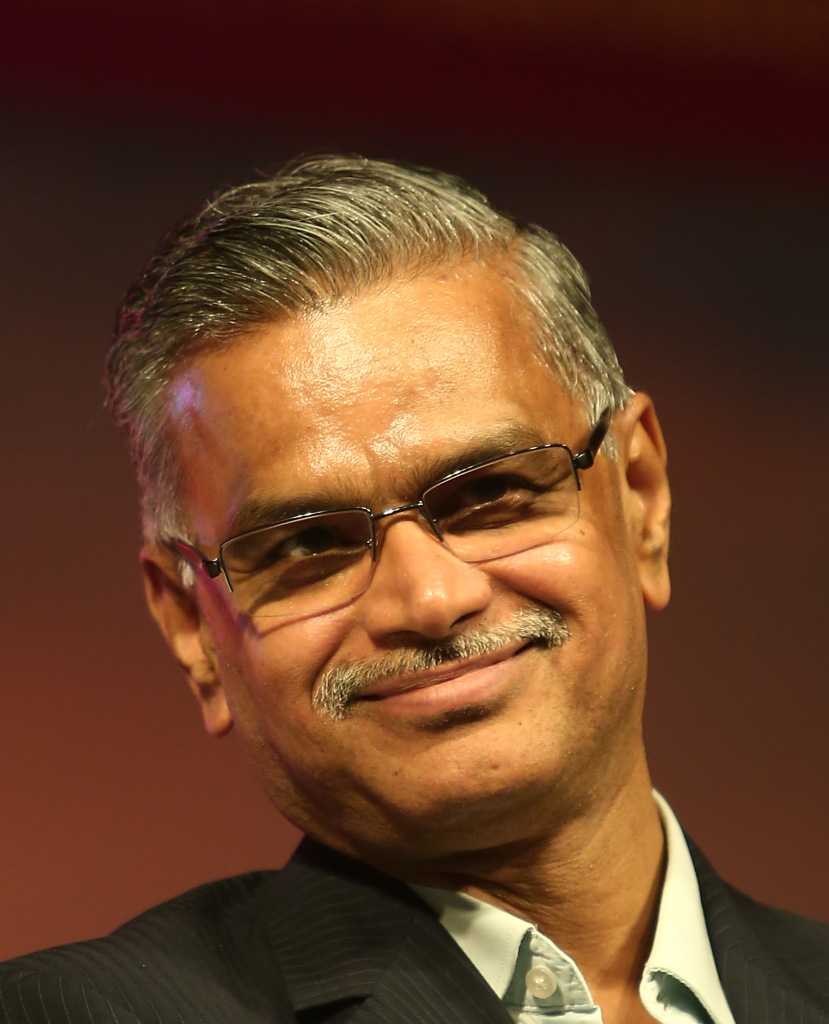
Dr. Madana Kumar is the Servant Leadership Evangelist at UST. You can connect with him here or contact him here.
[1] Jesse Stoner, Ken Blanchard and Drea Zigami. Leading at a Higher level. Blanchard on Leadership and Creating High Performing Organisations. Chapter 2. Blanchard International. 2010. Pp17
[2] Don Carew et al. Is your organisation High Performing? Leading at a Higher level. Blanchard on Leadership and Creating High Performing Organisations. Chapter 1. Blanchard International. 2010. Pp3
[3] Naina Dhingra, Andrew Samo, Bill Schaninger, and Matt Schrimper. Help your employees find purpose—or watch them leave. April 5 2021. McKinsey and Company. Accessed at https://www.mckinsey.com/business-functions/people-and-organizational-performance/our-insights/help-your-employees-find-purpose-or-watch-them-leave on 5 Aug 2022.
[4] Naina Dhigra. The Search for Purpose at work Podcast. June 3, 2021. McKinsey and Company. Accessed at https://www.mckinsey.com/business-functions/people-and-organizational-performance/our-insights/the-search-for-purpose-at-work on 5 Aug 2022.
[5] Naina Dhingra, Jonathan Emmett, Andrew Samo, and Bill Schaninger. Aug 18, 2020. Igniting individual purpose in times of crisis. McKinsey and Company. Accessed at https://www.mckinsey.com/business-functions/people-and-organizational-performance/our-insights/igniting-individual-purpose-in-times-of-crisis on 5th of Aug 2022.